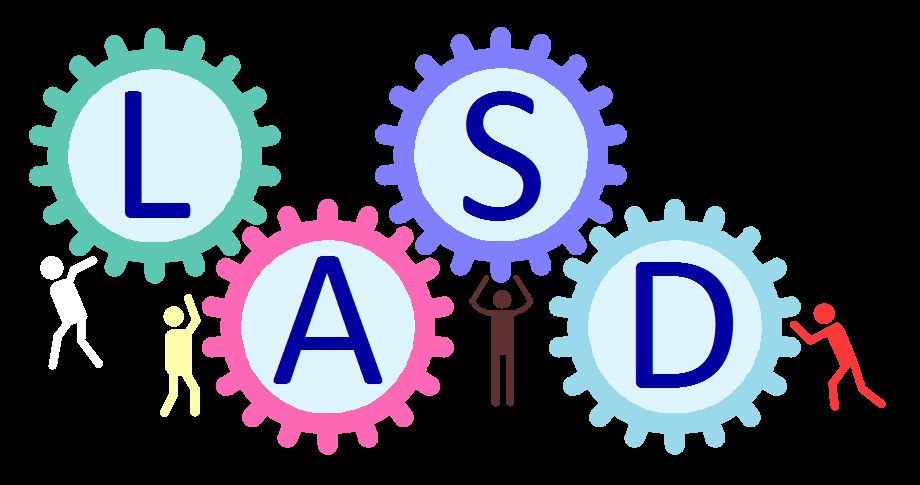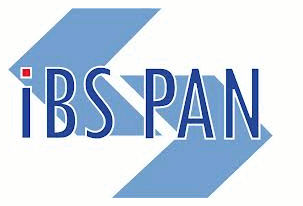 |
3rd International Conference on Lean and Agile Software Development (LASD'19)
Leipzig, Germany, 1 - 4 September, 2019
The evolution of software development life cycles is driven by the perennial quest on how to organize projects for better productivity and better quality. The traditional software development projects, which followed well-defined plans and detailed documentations, were unable to meet the dynamism, unpredictability and changing conditions that characterize rapidly changing business environment. Agile methods overcame these limits by considering that requirements are not static but dynamic, while customers are unable to definitively state their needs up front. However, the advent of agile methods divided the software engineering community into opposing camps of traditionalists and agilists. After more than a decade of debate and experimental studies a majority consensus has emerged that each method has its strengths as well as limitations, and is appropriate for specific types of projects, while numerous organizations have evolved toward the best balance of agile and plan-driven methods that fits their situation.
In more recent years, the software industry has started to look at lean software development as a new approach that could complement agile methods. Lean development further expands agile software development by adopting practices from lean manufacturing. Lean emphasizes waste elimination by removing all nonvalue-adding activities.
Topics
The objective of LASD is to extend the state-of-the-art in lean and agile software development by providing a platform at which industry practitioners and academic researchers can meet and learn from each other. We are interested in high quality submissions from both industry and academia on all topics related to lean and agile software development. These include, but are not limited to:
- Combining lean and agile methods for software development
- Lean and agile requirements engineering
- Scaling agile methods
- Distributed agile software development
- Challenges of migrating to lean and agile methods
- Balancing agility and discipline
- Agile development for safety systems
- Lean and agility at the enterprise level
- Conflicts in agile teams
- Lean and agile project production and management
- Collaborative games in software processes
- Lean and agile coaching
- Managing knowledge for agility and collaboration
- Tools and techniques for lean and agile development
- Measurement and metrics for agile projects, agile processes, and agile teams
- Innovation and creativity in software engineering
- Variability across the software life cycle
- Industrial experiments, case studies, and experience reports related to all of the above topics
- Gamification
- Affective Software Engineering
Paper submission
- Authors should submit draft papers (as Postscript, PDF or MSWord file).
- The total length of a paper should not exceed 10 pages IEEE style (including tables, figures and references). IEEE style templates are available here.
- Papers will be refereed and accepted on the basis of their scientific merit and relevance to the workshop.
- Preprints containing accepted papers will be published on a USB memory stick provided to the FedCSIS participants.
- Only papers presented at the conference will be published in Conference Proceedings and submitted for inclusion in the IEEE Xplore® database.
- Conference proceedings will be published in a volume with ISBN, ISSN and DOI numbers and posted at the conference WWW site.
- Conference proceedings will be indexed in BazEkon and submitted for indexation in: Thomson Reuters - Conference Proceedings Citation Index, SciVerse Scopus, Inspec, Index Copernicus, DBLP Computer Science Bibliography and Google Scholar
- Organizers reserve right to move accepted papers between FedCSIS events.
- Revised and Extended versions of papers presented at LASD'2019 were published with Springer in volumes of Lecture Notes in Business Information Processing: LNBIP 376.






